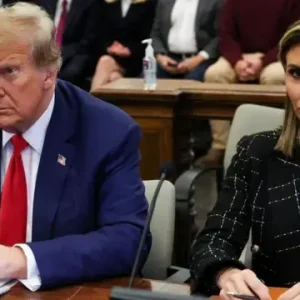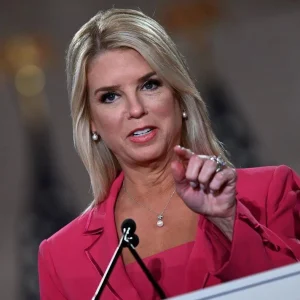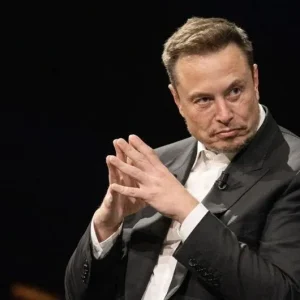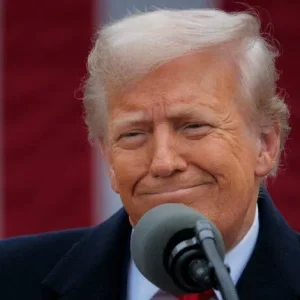In a recent Fox News interview, Elon Musk, head of the Department of Government Efficiency (DOGE), made waves by calling for the arrest of leaders of what he termed “fake NGOs” receiving federal funding. Musk alleged these organizations, part of a tightly knit political system he dubbed the “uniparty,” are engaged in a “massive money laundering scheme” using taxpayer resources. The comments come as Musk spearheads efforts to slash $1 trillion in annual federal spending to halve the budget deficit. While he lacks direct authority to order criminal investigations, his outsized influence could propel these ideas among President Donald Trump’s appointees at the Justice Department.
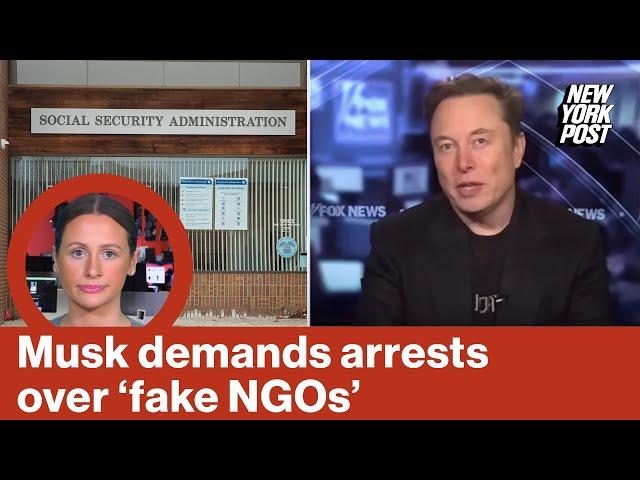
Musk claimed these NGOs, largely run by Democratic Party affiliates, receive billions in government funds, which are then funneled through a network of other organizations to obscure their true purpose. He labeled them “fake charities” and even suggested the term “NGO” is nearly synonymous with “money laundering.” Musk noted that some Republicans are occasionally involved, thrown “a bone” to keep quiet, creating what he called a detrimental political consensus. However, he stopped short of naming specific organizations or individuals tied to these allegations.
Musk’s statements have stirred controversy, particularly as Republicans have recently criticized a $2 billion environmental grant awarded by the Biden administration to a coalition of groups linked to Stacey Abrams, the former Georgia gubernatorial candidate. Abrams has maintained she did not personally profit from the grant, as the funds have not been disbursed, and she has stepped away from one of the involved organizations. Nevertheless, the issue has fueled GOP claims of misuse of federal funds, amplifying Musk’s narrative.
Critics argue Musk’s accusations lack concrete evidence and risk unfairly tarring legitimate nonprofits. NGOs, ranging from humanitarian aid groups to environmental advocates, often rely on federal grants to operate, and many have faced scrutiny over transparency. Yet, Musk’s broad-brush approach could undermine public trust in these organizations, especially without specific proof. Supporters, however, see his remarks as a bold challenge to entrenched political interests, aligning with his mission to disrupt wasteful spending.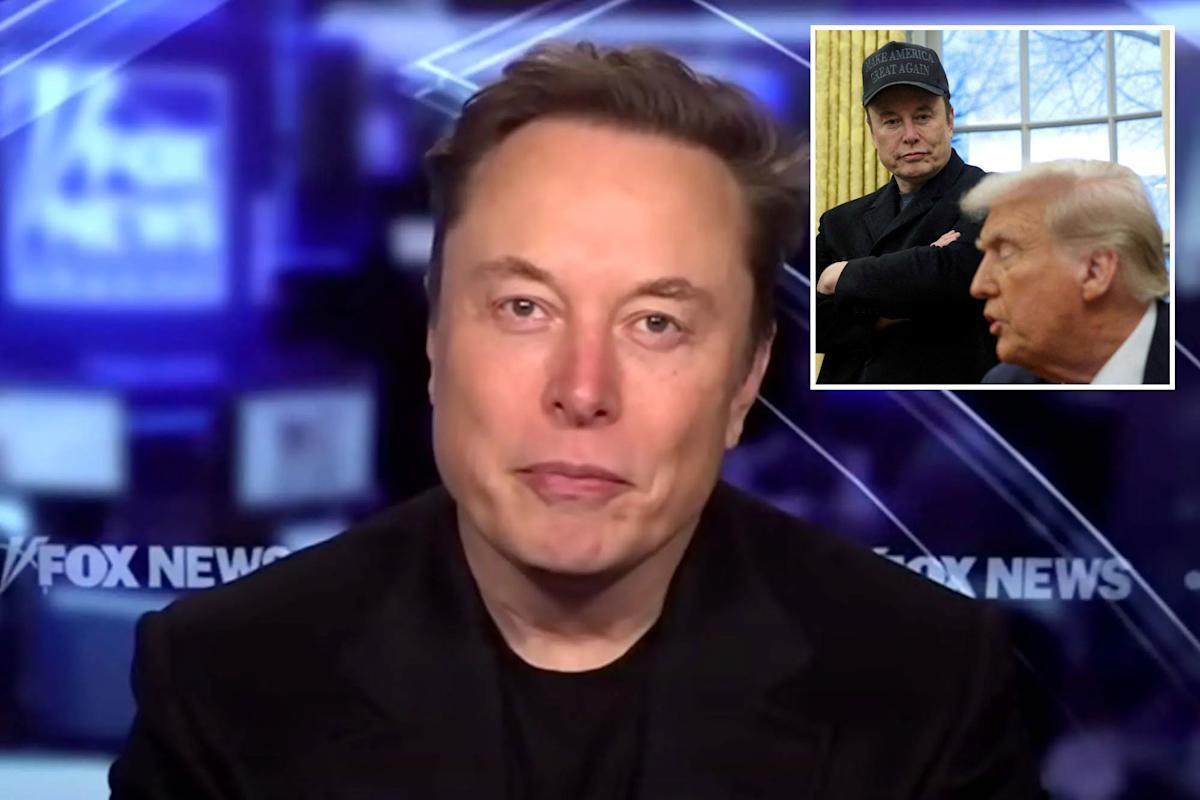
The White House has not directly responded to Musk’s claims, though a spokesperson reiterated that federal grants undergo rigorous oversight. Meanwhile, Musk’s comments have sparked a firestorm on social media, with #FakeNGO trending on X, where users debated the validity of his allegations. Some praised his willingness to confront powerful interests, while others accused him of reckless overgeneralization.
As Musk continues to push for government reform, his provocative rhetoric is likely to keep him at the center of political debates. Whether his call for arrests gains traction remains uncertain, but it underscores his strategy of using high-profile platforms to challenge the status quo. For now, the absence of named targets limits the immediate impact of his accusations, but the controversy has already heightened scrutiny of federal funding practices, setting the stage for further clashes between reformers and defenders of the current system.

